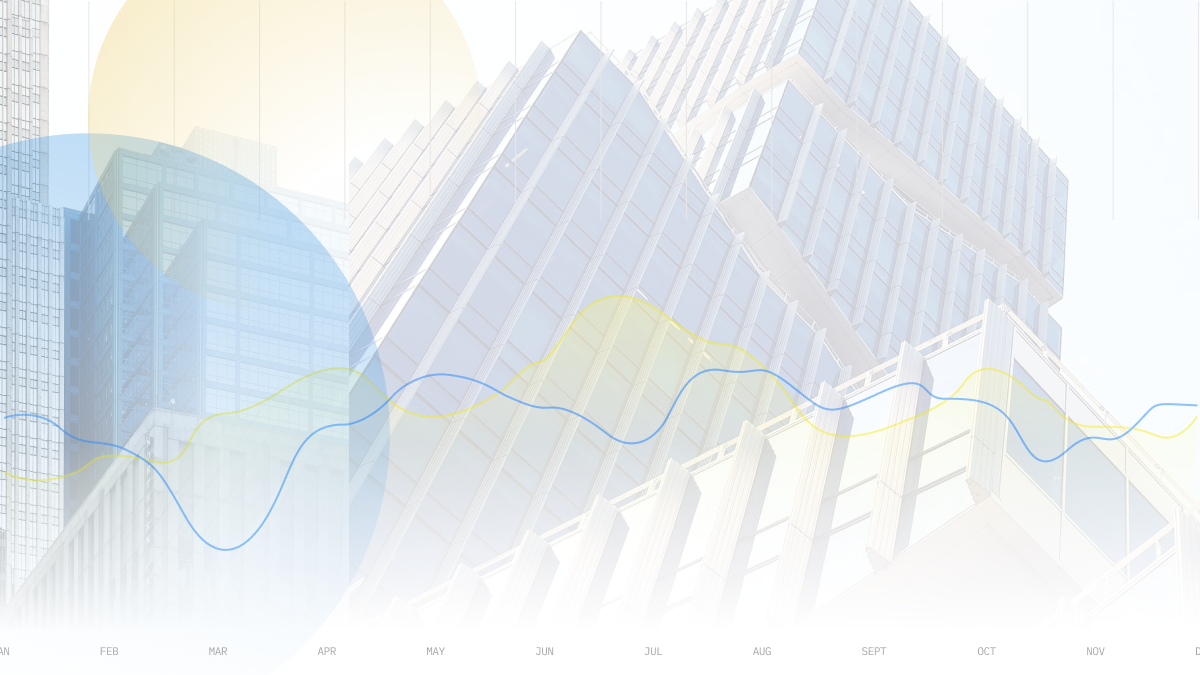




January Economic Update: Growth slows, prices rise
 DOWNLOAD
DOWNLOAD

Inflation Update: Up, up, and away?
 DOWNLOAD
DOWNLOAD

Quarterly Economic Growth Release: Growth takes on a slower pace
 DOWNLOAD
DOWNLOAD



Philippines’ Duterte stays mum over presidential candidate he said uses drugs
MANILA, Nov 19 (Reuters) – The office of Philippines leader Rodrigo Duterte declined to disclose the identity on Friday of an election candidate accused by the president of using cocaine, shifting the onus back to Duterte to name the individual himself.
Duterte, who waged a war on drugs that killed thousands of users and peddlers, on Thursday said a cocaine user was among the candidates seeking to succeed him next year, but did not name them, or cite evidence.
The issue was a hit on Philippines social media on Friday, with speculation on the mystery candidate running wild, including under the hashtag #solidsnort.
“On naming the said individual, we will leave it to the sound judgment of the president,” his acting spokesperson Karlo Nograles told a regular news conference.
Nograles said police knew their mandate on illicit drugs, which they equally apply.
“If a person violated the law then that person should be arrested and prosecuted immediately,” he said.
A police spokesperson said they had no idea who the president was referring to.
Duterte’s speech was a departure from previous times when he would publicly identify politicians he accused of involvement in illegal drugs, some of whom were later killed.
In Thursday’s speech, Duterte, 76, who is barred by the constitution from seeking a second term, described the unnamed candidate as a “very weak leader” and someone who “might win hands down.”
Dozens of people have registered to run for president, the most prominent of which are boxing icon Manny Pacquiao, Vice President Leni Robredo, Manila mayor Francisco Domagoso, Senator Panfilio Lacson, Duterte’s closest aide Christopher Go, and Ferdinand Marcos Jr, son and namesake of the late dictator, whose running mate is Duterte’s daughter.
Taking questions from media on Friday, the election commission said substance abuse was not grounds for disqualifying candidates.
Pacquiao on Friday said he supported drug testing candidates.
(Reporting by Neil Jerome Morales and Karen Lema; Editing by Martin Petty)
((neiljerome.morales@thomsonreuters.com; +632 8841 8914;))
This article originally appeared on reuters.com





 By Reuters
By Reuters